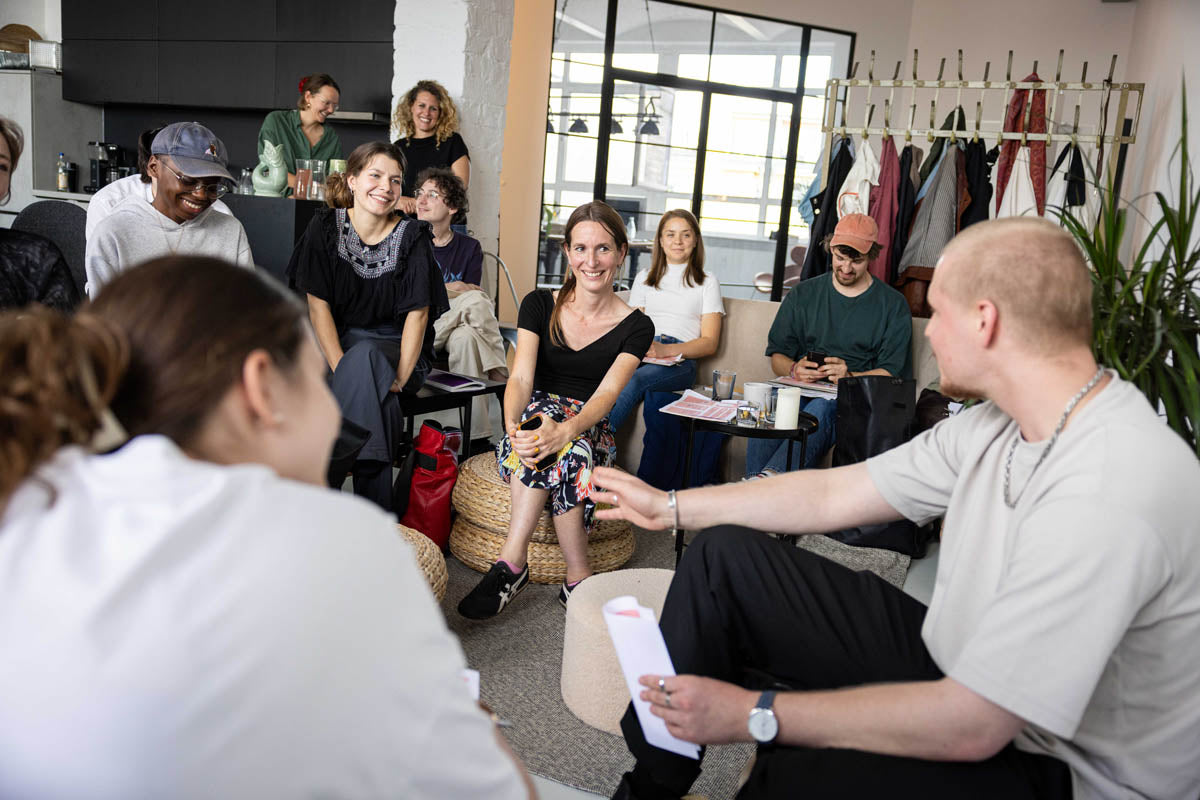Generation Z: Why we should stop defining them and start understanding them
Let's be honest: Does it sometimes feel like you're hearing a foreign language when people talk about "Generation Z"? Buzzwords, analyses, and supposed truths are everywhere. But what if the key to understanding these young people lies not in definitions, but in dialogue? This article is an invitation to see the world through their eyes and discover the values that guide them in a complex world.
You take this with you
- Why the search for security is not a step backward for Gen Z, but a logical consequence.
- How radical authenticity becomes the most important currency in dealing with them.
- A simple question that can immediately change the dialogue between generations.
Growing up in the eye of the storm: A generation between crisis and click
To understand Gen Z (born approximately 1997-2012), we must imagine the world they grew up in. They are the first generation for whom a world without the internet is simply unimaginable. They are "digital natives," yes—but this term falls short. They haven't just learned to swim with the digital tide; they were born into it. At the same time, their youth was shaped by the echoes of global crises: financial crashes, climate change, political instability. The result is not idealism, but a keen pragmatism.
While Millennials often sought a work-life blend, Gen Z draws a clearer line. Is this a lack of commitment? Or is it a healthy protective response in a constantly online world? They long for stability and a safe haven because they've experienced how fragile security can be. Their desire for a fair salary and clear structures isn't a sign of narrow-mindedness, but rather an attempt to build a stable foundation in an uncertain world.
Generation Z isn't looking for a job that's their life. They're looking for a job that fits their life—and enriches it with real meaning.
From understanding to togetherness: 3 impulses for your everyday life
How can we build bridges, whether in a team with colleagues from different generations or in conversations with our own children? It starts with asking the right questions. Here are three suggestions to open the dialogue:
- Ask "why": Instead of dismissing flexible working hours as a demand, ask: "What would this flexibility enable you to do? What value would it bring to your life?" Often, the underlying desire is for more self-determination, not less work. Such dialogues about values are at the core of our work in projects like achtzehn – Magazin der Gen Z.
- Live radical authenticity: This generation has a keen sense for empty phrases. Marketing jargon and insincere promises are immediately exposed. Be honest – about your company's strengths, but also about its challenges. Authentic communication is an art that our partners at The Art of Embodying Change GmbH have mastered.
- Offer security and growth: The desire for security and the desire for personal development are not mutually exclusive. Create clear frameworks while simultaneously showing transparent paths to further development. Regular, honest feedback is invaluable here. It shows that you take your counterpart seriously as a person and believe in their potential. A value that also plays a central role in our magazine , "Values Lead, Future Follows – Freedom ."
The future is a dialogue, not a monologue
Generation Z isn't a lost or even complicated generation. It's a response to the times in which it lives. It holds a mirror up to us all and asks: What's truly important? How do we want to work and live? Their search for meaning, security, and true connection is an opportunity for all of us to question old certainties and shape a better future together. Let's start listening to them.




